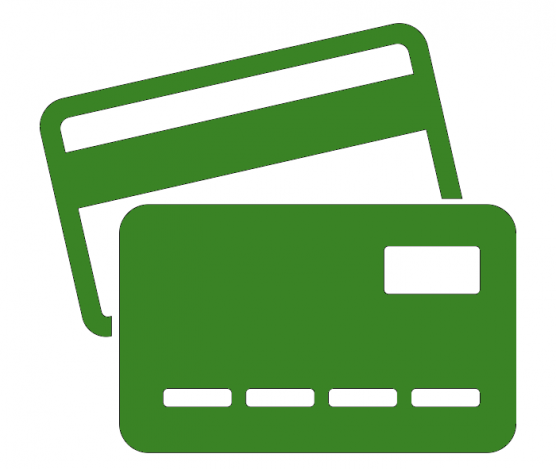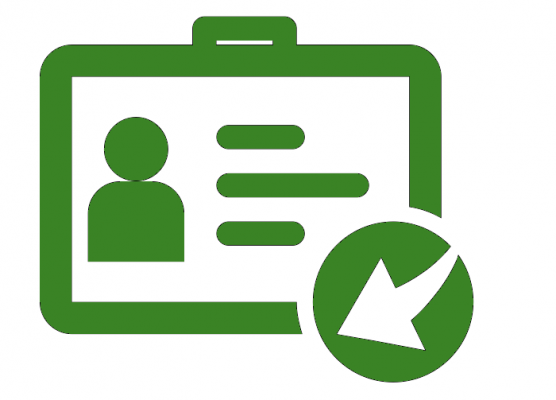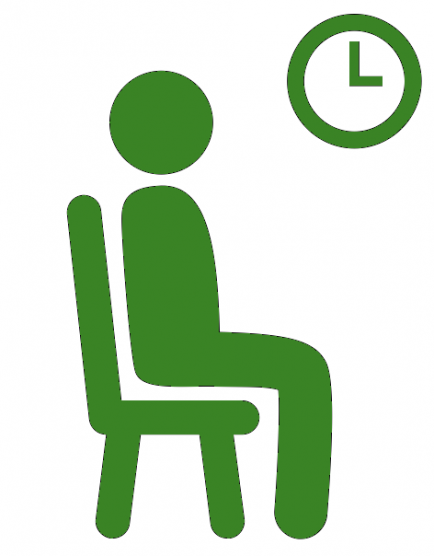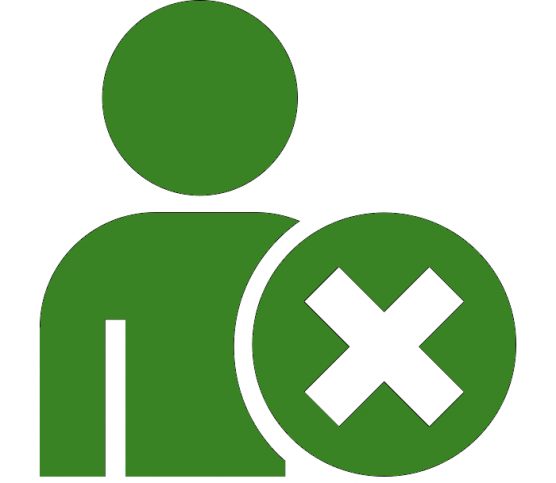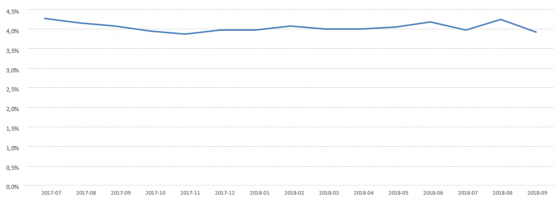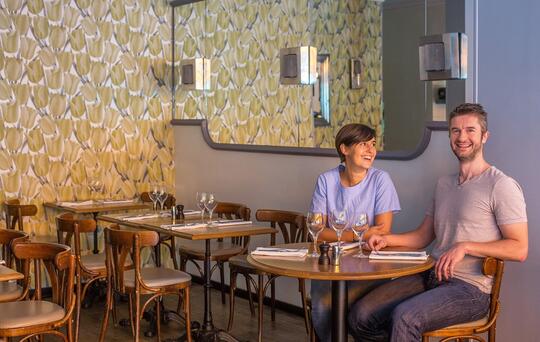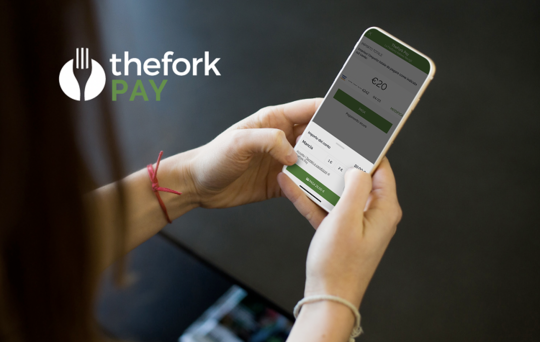TheFork reduces the number of no-shows in your restaurant
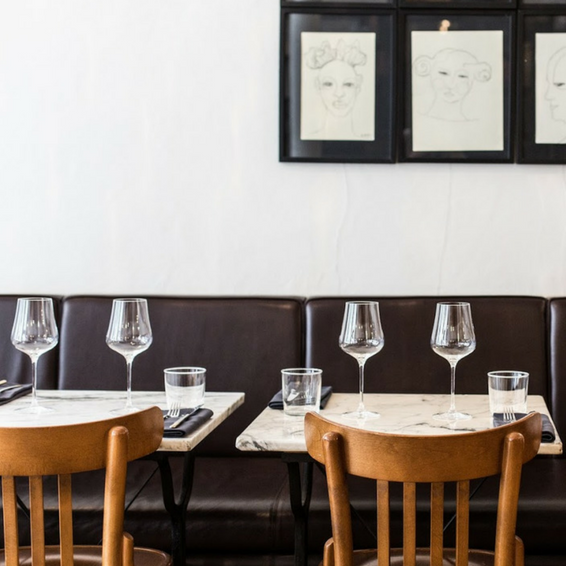
- • TheFork tools available to restaurateurs to reduce the number of no-shows:
- • The 'anti no-show' program: #go eat or cancel your reservation
- • Overbooking
- • Here are a few examples of other industries that are also combating no-shows:
- • The hotel industry
- • The transportation industry:
- • Fitness instructors:
The issue of no-shows is a genuine problem that restaurateurs face every single day. TheFork has set up a program to reduce the number of no-shows and raise awareness of this issue. It has been shown that many consumers are unaware of the consequences of a no-show and have not considered that it would be polite to notify the restaurant if a reservation can't be honored.
That's why TheFork set up the 'Anti No-Show' action plan in 2016. We have therefore decided to list the main ways of tackling the problem of no-shows so that it is no longer an issue for your restaurant:
TheFork tools available to restaurateurs to reduce the number of no-shows:
Option to ask your customers for pre-authorization of their credit cards via TheFork Manager (with PRO, PRO+ and Insider packages only). However, the problem is knowing exactly when to use this functionality, because some customers may be tempted to choose another restaurant that doesn't require such guarantees.
You can access a customer profile showing you the risk of no-show with a reliability index. This indicator allows you to identify customers who frequently fail to honor their reservations so that you can call them and reconfirm the reservation.
You can activate the 'waiting list' option on TheFork manager's interface (with PRO, PRO+ and Insider packages only). The list is displayed when the customer makes their reservation online, by giving them the option to register. This option guarantees a restaurant an optimized <strong>occupancy rate</strong>.
After the customer has made their reservation on TheFork, we send automatic reminders to our users to reduce the number of no-shows.
Following proven no-shows and warnings, any user who continues to fail to honor their reservations is liable to:
- The deletion of their loyalty points (which give them the right to extra discounts)
- The possibility of having their account closed, either temporarily or permanently.
- Or even blacklisting. Providing that this complies with current legal obligations in the countries concerned.
The 'anti no-show' program: #go eat or cancel your reservation
We draw our users' attention to the organizational and financial consequences of a no-show. TheFork is setting up communication campaigns in several countries, with videos, fun drawings, articles, and white papers to raise customers' awareness of the inappropriate and shameful nature of failing to honor a reservation.
https://www.youtube.com/watch?v=gMIPN7y-dOA
If you believe that no-shows are a recurring problem in your restaurant, there is an additional option open to you, although it contains an element of risk:
Overbooking
Some service providers apply this practice. Knowing that they continually have a high level of no-shows, they prefer to sell and accept more reservations than they are able to handle. Many sectors, such as hospitality, transport, and airlines opt for this method to make their businesses more profitable.
By using TheFork tools available to you, you can considerably reduce the problem of no-shows:
Here are a few examples of other industries that are also combating no-shows:
The hotel industry
Unlike the restaurant sector, hotels have no, or very little, demand from walk-in guests, whereas passers-by will often decide to enter a restaurant. (Excluding very high-end restaurants which don't have walk-ins, therefore more closely resembling the hotel sector). The hotel industry has adopted protection methods and overbooking to alleviate this problem.
The transportation industry:
Airlines and railroad companies clearly practice overbooking and protection by requesting a 'payment warranty', where they sell you tickets that are non-modifiable and non-refundable.
Fitness instructors:
Some fitness instructors (coaches, therapists, etc.) set up innovative systems that offer a mixture of penalties and protection. This means that some customers will pay twice the cost of their class if they fail to attend. This is a great incentive for customers/patients to attend.
Are you a restaurateur and you'd like to be listed on TheFork? Please click here to fill out the registration form.

